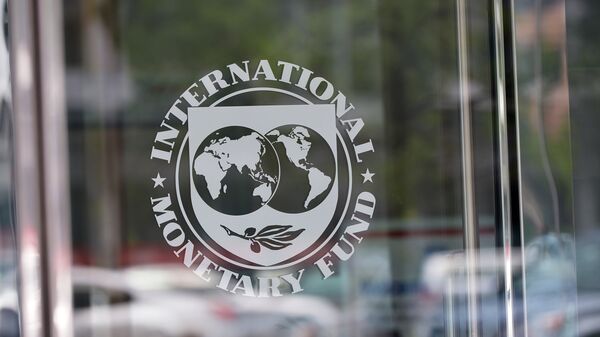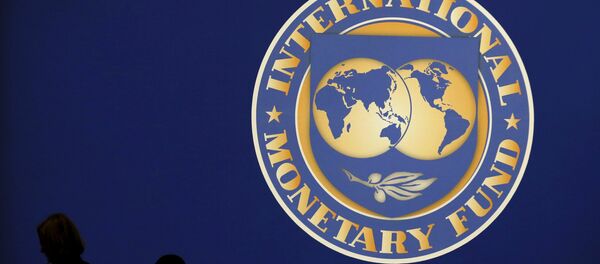"In the short term, the macroeconomic effect from the refugee surge is likely to be a modest increase in GDP growth, reflecting the fiscal expansion associated with support to the asylum seekers, as well as the expansion in labor supply as the newcomers begin to enter the labor force," the report stated.
Main refugee destinations such as Germany, Austria, and Sweden will experience the "concentrated" effect of the surge, according to the IMF.
IMF’s mission chief in Germany Enrica Detragiache, who contributed to the study, told reporters on Tuesday that the negative effects of the refugee inflow will be temporary and "short-lived."
The fund said the medium- and long-term growth perspectives depend on how the governments integrate the refugees in the labor market. Detragiache added that the European governments could undertake a number of policies to achieve the goal, including language training and subsidies for employers who hire refugees.
"Policies can help open up the refugees’ path to the labor market: restrictions on taking up work during the asylum application phase should be minimized, and active labor market policies specifically targeted to the refugees strengthened," the IMF report said.
Europe is struggling to find a solution to a massive refugee crisis, with hundreds of thousands of refugees fleeing war and poverty in the Middle East and North Africa. The EU border agency Frontex detected over 1.55 million illegal border crossings in 2015.



